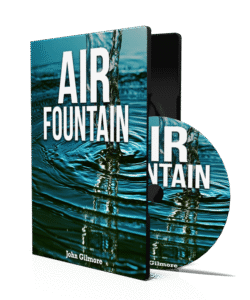Introduction
Ever stopped to think about the air you’re breathing right now? You can’t see it, but every breath carries tiny particles and gases that can either protect or harm you. The quality of the air around you doesn’t just affect your lungs — it could be silently shaping your immune system. Yep, the very system that keeps you from getting sick could be getting stronger or weaker, depending on what’s in the air.
Table of Contents
ToggleAs cities grow, wildfires become more frequent, and pollution levels rise, understanding this connection is more important than ever. Let’s dive deep into how the air we breathe plays a powerful role in how our immune system works — for better or worse.

Understanding Air Quality
What Defines Air Quality?
Air quality refers to how clean or polluted the air is. It’s a measure of the number and type of pollutants present in the atmosphere. Good air is clean and fresh. Bad air? It’s often full of harmful chemicals, smoke, or allergens.
Common Air Pollutants
Here are a few common culprits:
Particulate matter (PM2.5 and PM10) – tiny particles that can penetrate deep into your lungs
Nitrogen dioxide (NO2) – from vehicles and factories
Ozone (O3) – not the good kind in the upper atmosphere, but ground-level ozone
Carbon monoxide (CO) – a colorless, odorless gas from combustion
Volatile Organic Compounds (VOCs) – from paints, cleaners, and plastics
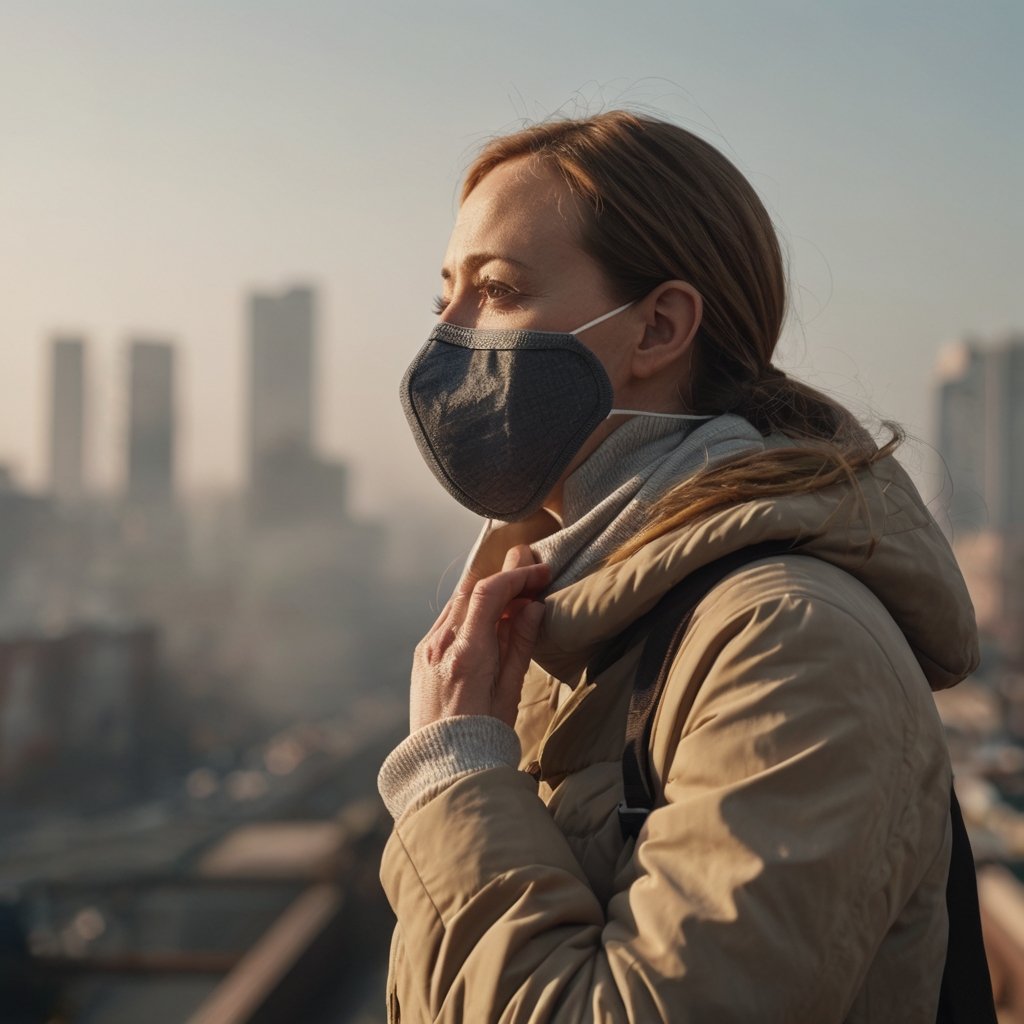
Measuring Air Quality (AQI Explained)
The Air Quality Index (AQI) gives a score from 0 to 500 based on pollution levels:
51–100: Moderate
101–150: Unhealthy for sensitive groups
151+: Unhealthy to hazardous
Overview of the Immune System
What Is the Immune System?
It’s your body’s personal army. The immune system is a network of cells, tissues, and organs that fight off invaders like viruses, bacteria, and toxins.
Key Components and Functions
White blood cells – the front-line defenders
Lymph nodes – filter harmful substances
Bone marrow – produces immune cells
Thymus and spleen – help regulate and store immune cells
How the Immune System Defends the Body
From inflammation to antibody production, your immune system constantly scans and fights. It’s like a 24/7 security team that never sleeps.
Link Between Air Quality and Immune Function
How Pollutants Enter the Body
Pollutants can enter through your lungs and move into your bloodstream, triggering inflammation. Once there, they can confuse or overload your immune system.

Inflammation and Immune Response
Chronic inflammation caused by air pollution keeps your immune system in a state of alert. Over time, this wears it down — like a fire alarm that never shuts off.
Scientific Evidence and Research Findings
Studies have found strong links between high pollution levels and weakened immune responses. In fact, people in polluted cities often have higher rates of infections and slower recovery times.
Harmful Effects of Poor Air Quality on Immunity
Chronic Exposure and Weakened Defenses
Long-term exposure to polluted air can lower white blood cell counts and suppress the body’s ability to fight infection.
Allergies, Asthma, and Immune Overload
Your immune system might overreact to constant triggers, leading to allergies or chronic conditions like asthma.
Respiratory Tract Infections and Immune Suppression
Polluted air increases vulnerability to flu, bronchitis, and pneumonia — especially in kids and the elderly.
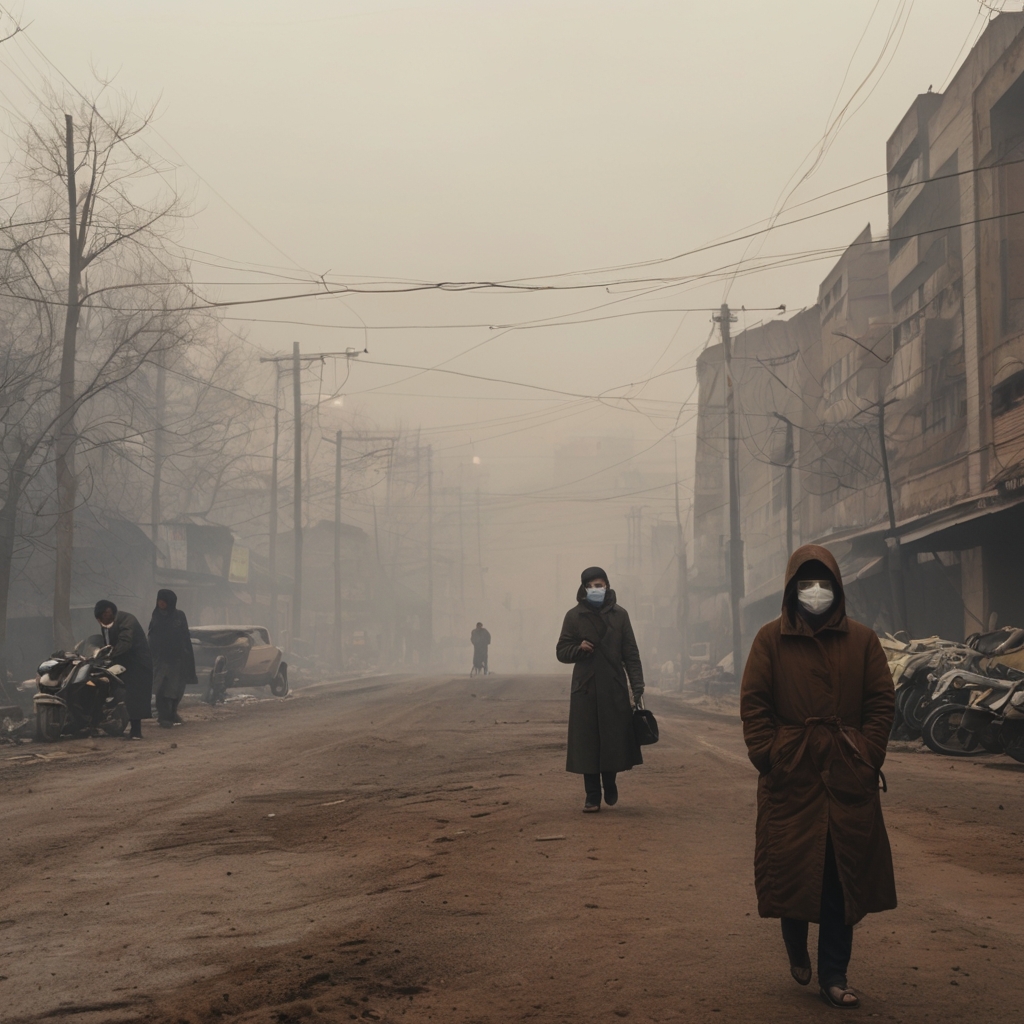
How Clean Air Can Support Immune Strength
Reduced Oxidative Stress
Clean air reduces oxidative damage in the body, which otherwise weakens immune responses.
Improved Lung Function
With cleaner air, your lungs can work more efficiently, giving your immune system the oxygen it needs.
Healthier Sleep and Recovery
Breathing clean air at night helps you sleep better — and sleep is when your body heals and strengthens its defenses.
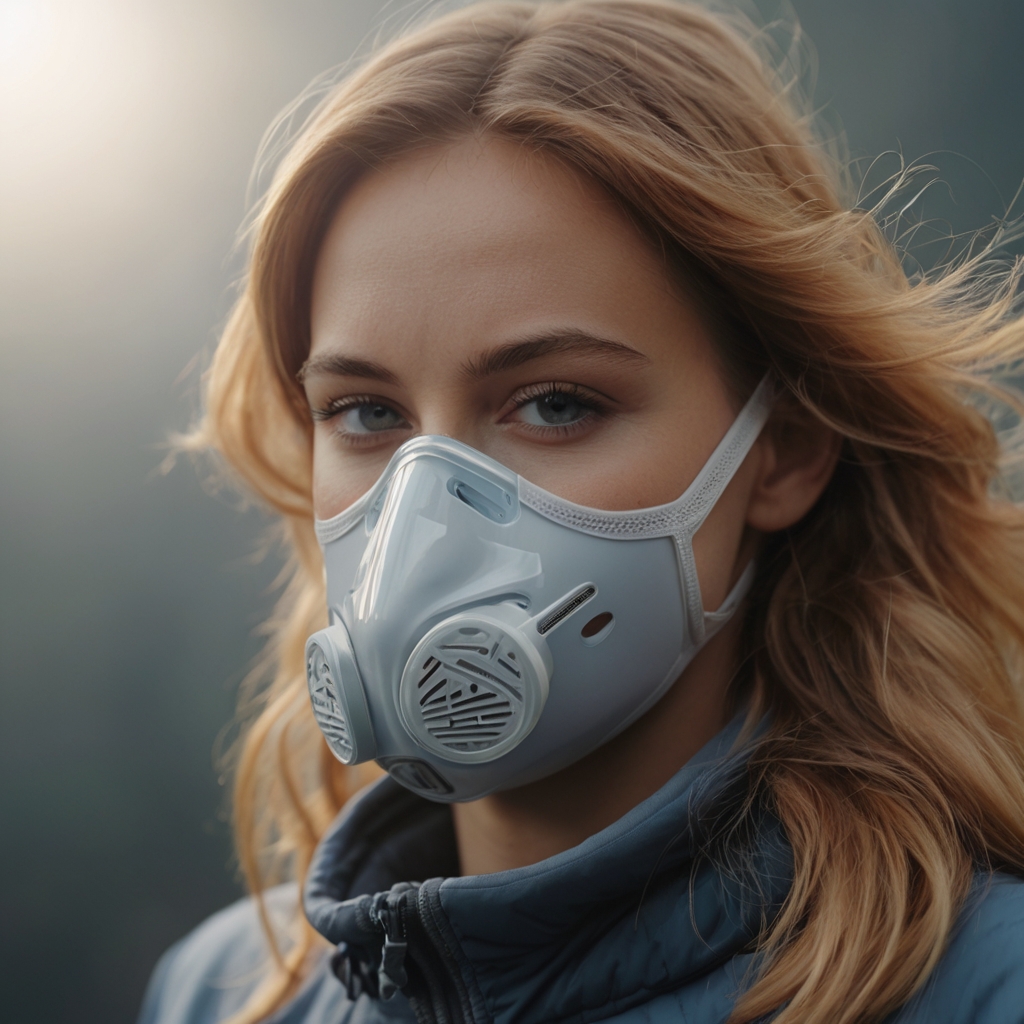
Air Pollution and Autoimmune Disorders
Autoimmune diseases occur when your immune system attacks your own body. Research suggests that prolonged exposure to polluted air can be a trigger for diseases like:
Lupus
Multiple sclerosis (MS)
Rheumatoid arthritis (RA)
Indoor vs. Outdoor Air Quality
Common Indoor Pollutants
Things like mold, pet dander, cooking fumes, and cleaning chemicals can make indoor air just as dangerous.
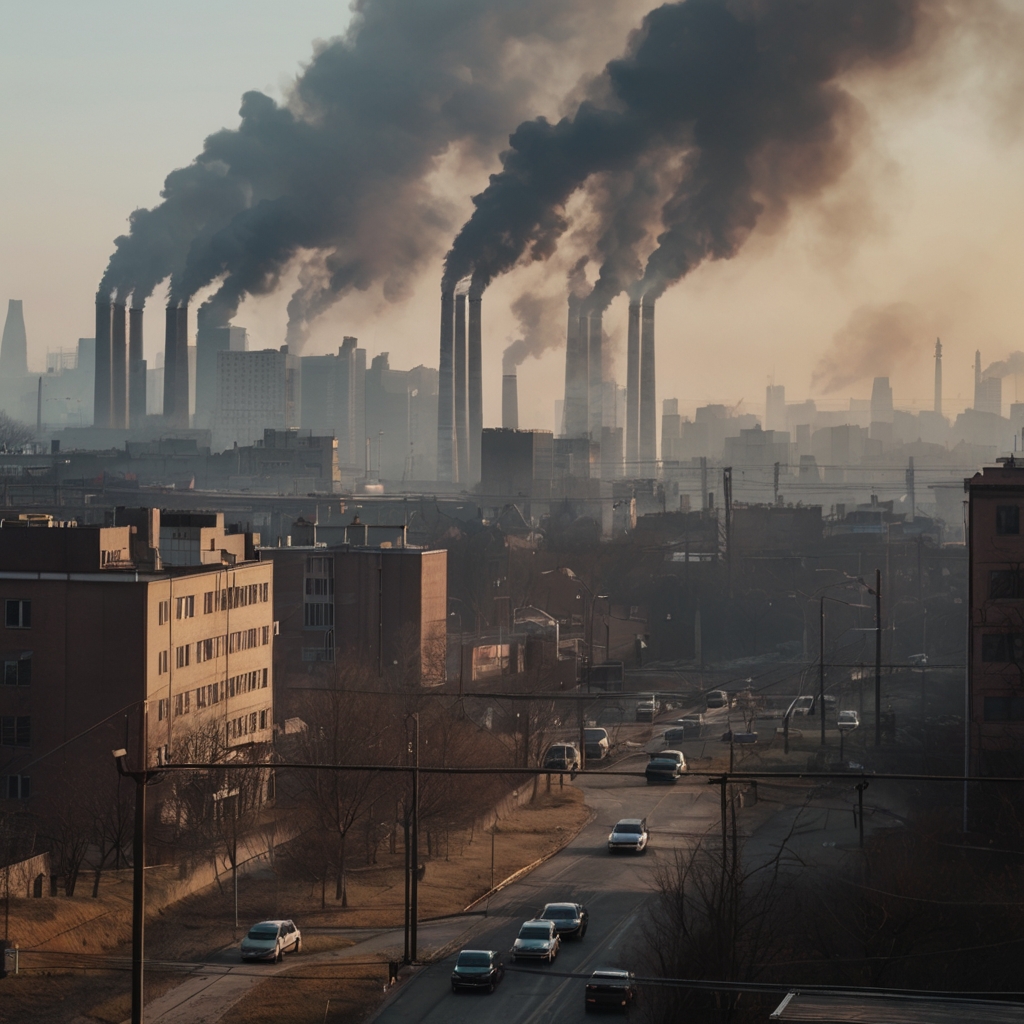
Ventilation and Air Filtration
Opening windows, using HEPA filters, and cleaning regularly can drastically improve indoor air quality.
Outdoor Exposure Risks
Living near highways, industrial zones, or wildfire-prone areas increases your risk. Even short exposure during “bad air days” matters.
Vulnerable Populations
Children and Elderly
Their immune systems are either still developing or slowing down, making them more sensitive to air pollution.
People with Chronic Illnesses
Asthma, heart disease, or immune conditions can be worsened by poor air.
Low-Income or Urban Communities
These groups often live in more polluted areas due to industrial zoning or dense traffic.

How to Protect Your Immune System from Poor Air
Use air purifiers in your home
Check AQI apps before going outside
Avoid high-traffic areas during peak hours
Wear a mask when air quality is poor
Keep plants indoors to absorb toxins
Role of Lifestyle in Countering Poor Air Effects
Diet Rich in Antioxidants
Berries, nuts, leafy greens — these fight free radicals caused by pollution.
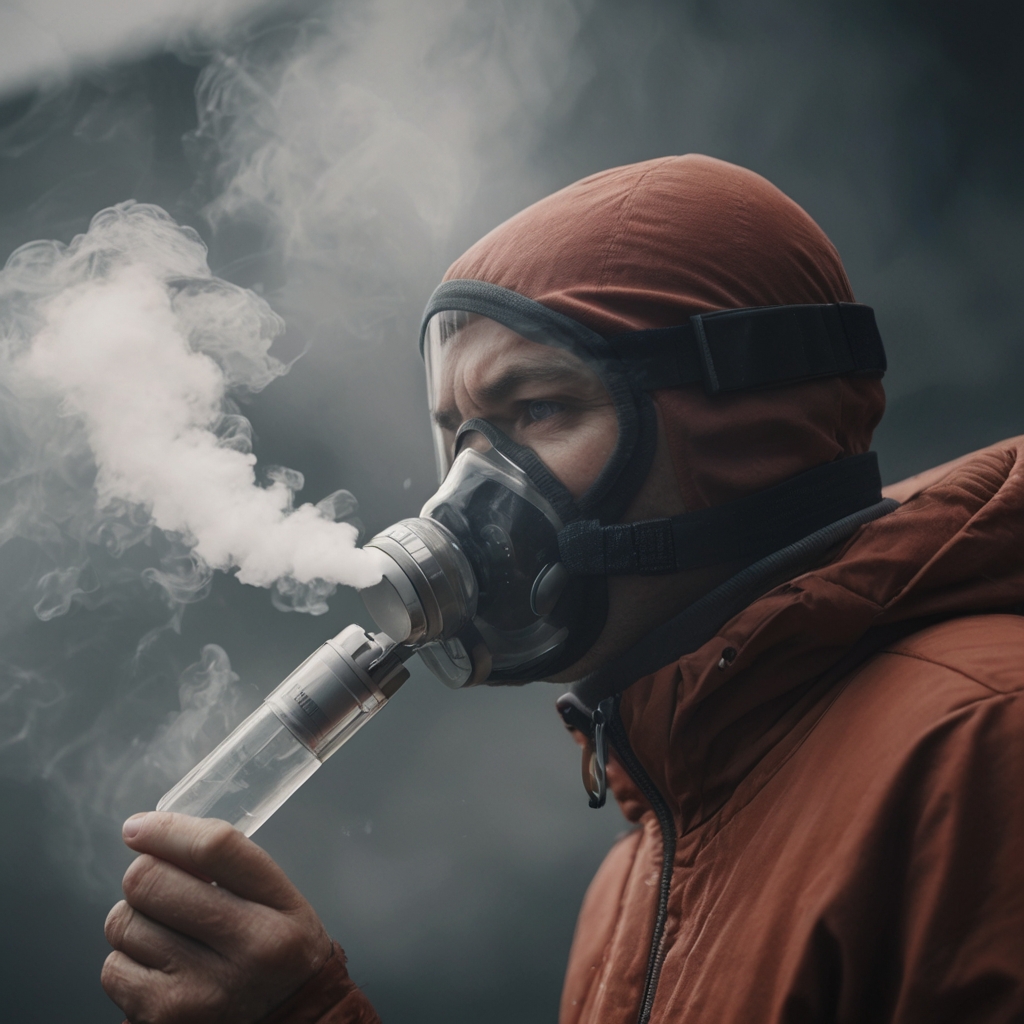
Hydration and Detoxification
Water helps flush out toxins. Herbal teas and detox foods help too.
Exercise and Lung Health
Moderate exercise boosts your respiratory and immune function — just avoid polluted areas while doing it.
Technology and Innovations in Air Quality
Smart tech is here to help:
Smart air purifiers track pollutants in real time
Portable monitors tell you about air quality on the go
Green buildings use natural materials and airflow systems

Government and Global Initiatives
From emissions regulations to carbon taxes, governments are stepping up. Cities like Copenhagen and Vancouver lead the way with air-friendly policies.
Future of Air Quality and Immune Research
Researchers are diving into how pollution affects gut health (which also impacts immunity). We’re just scratching the surface of how deeply air connects to immune resilience.
Conclusion
So, can air quality strengthen or weaken your immune system? Absolutely. The air you breathe shapes your body’s ability to defend itself every single day. While you can’t always control the world outside, you can make smarter choices to protect yourself and your loved ones. Clean air isn’t just a luxury — it’s a foundation for good health.

FAQs
1. Can air pollution directly cause immune diseases?
Yes, prolonged exposure can lead to inflammation and trigger autoimmune conditions.
2. Is filtered air always better for the immune system?
In most cases, yes — especially in urban or industrial environments.
3. How quickly can clean air improve immunity?
It varies, but even a few days of breathing clean air can reduce inflammation and boost immunity.
4. Can plants improve air and immunity?
Yes! Indoor plants can filter out toxins and create a calming environment, supporting your immune system indirectly.
5. What are early signs that air is affecting your health?
Frequent headaches, coughing, allergies, fatigue, or sleep trouble may all point to poor air quality.
2025 Water Shortage! Did you know about this!?!
Imagine a US without water.
Nothing but dust, storms, famine,
war, and drought. Like sub-Saharan Africa.
Because NASA claims it’s about to hit!

